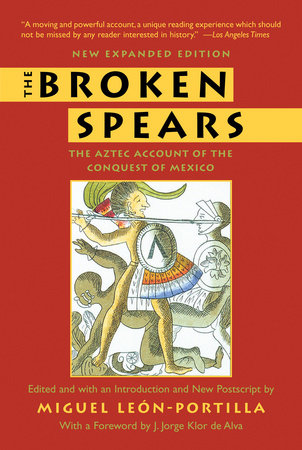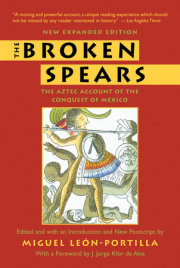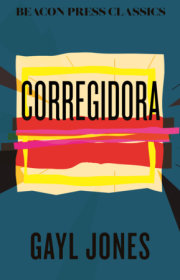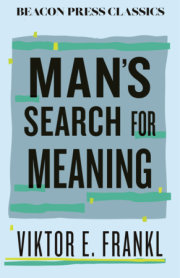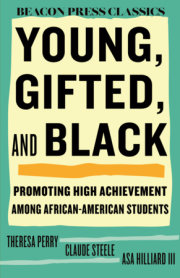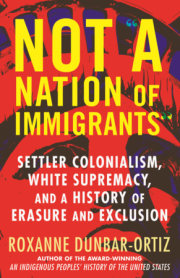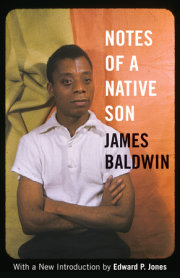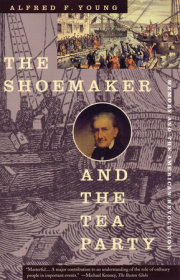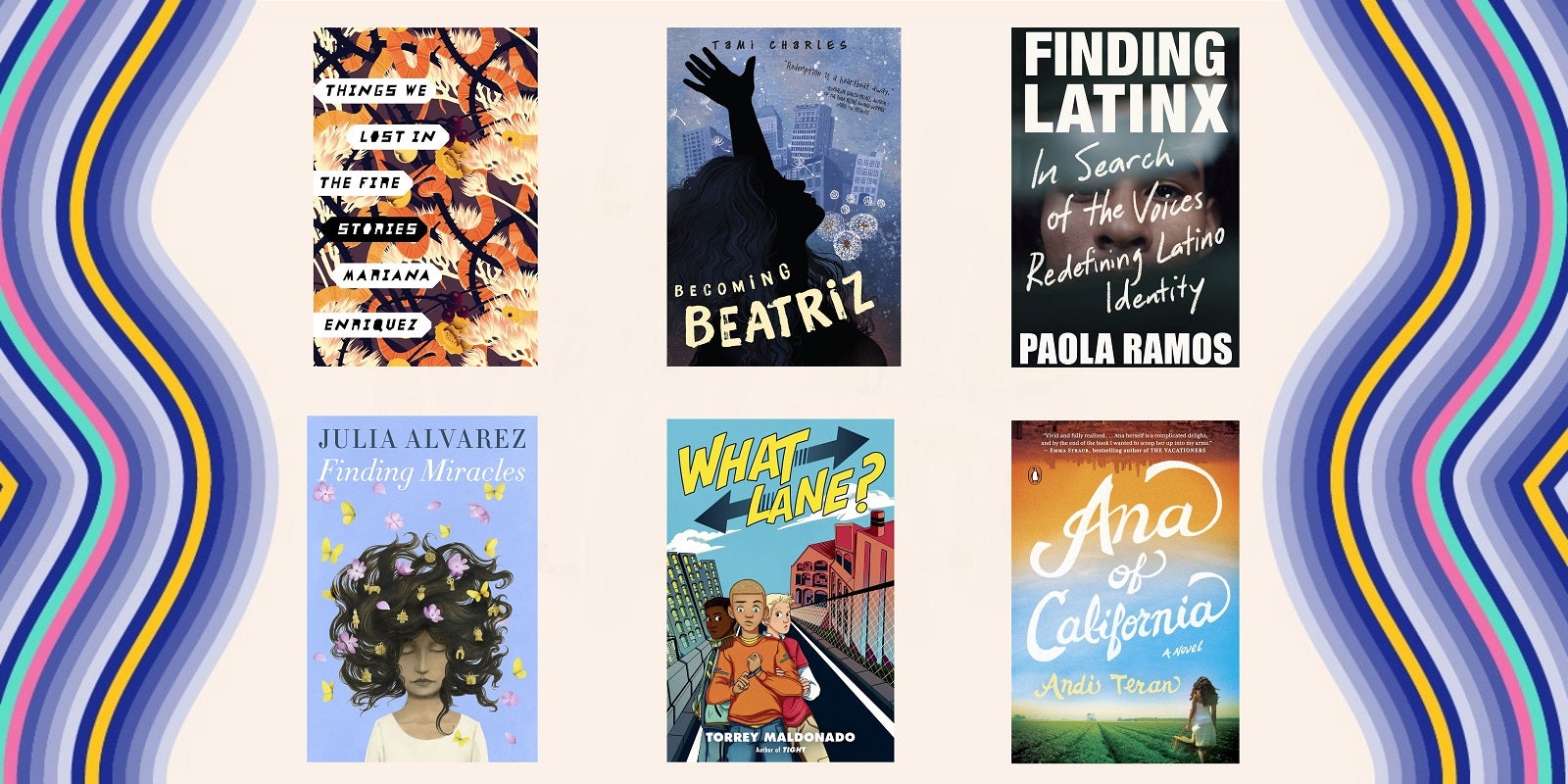Illustrations
Translator’s Note
Foreword
Introduction
Chapter One Omens Foretelling the Arrival of the Spaniards
Chapter Two First Reports of the Spaniards’ Arrival
Chapter Three The Messengers’ Journeys
Chapter Four Motecuhzoma’s Terror and Apathy
Chapter Five The Spaniards March on Tlaxcala and Cholula
Chapter Six The Gifts of Gold: The God Tezcatlipoca Appears
Chapter Seven The Spaniards Are Welcomed in Tezcoco
Chapter Eight The Spaniards Arrive in Tenochtitlan
Chapter Nine The Massacre in the Main Temple during the Fiesta of Toxcatl
Chapter Ten The Night of Sorrows
Chapter Eleven The Siege of Tenochtitlan
Chapter Twelve Spanish Raids into the Besieged City
Chapter Thirteen The Surrender of Tenochtitlan
Chapter Fourteen The Story of the Conquest as Told by the Anonymous Authors of Tlatelolco
Chapter Fifteen Elegies on the Fall of the City
Chapter Sixteen Aftermath
Appendix
Postscript
Selected Bibliography
Index

